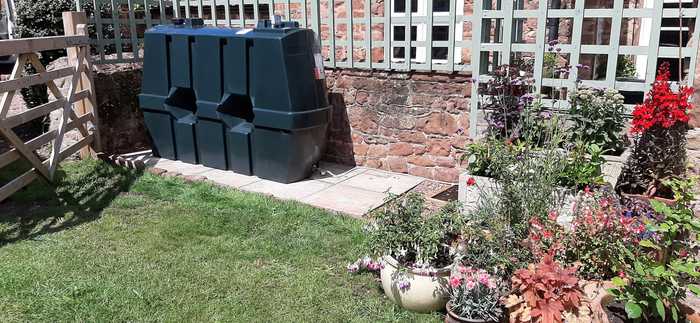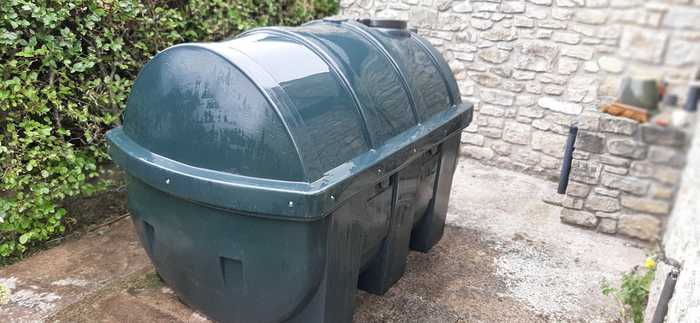How Long Does an Oil Tank Last?

When making the decision to invest in a new oil tank, one thing customers will want reassurance on is the lifespan of their product.
After a relatively sizable outlay, it would be reasonable for a household to think that another oil tank replacement would be years off in the distance, but is that the case?
How long does an oil tank last?
The short answer is…it depends.
The life-span of an oil tank
Generally, a standard residential oil storage tank will last between 20 and 40 years, sometimes longer.
To get a more exact calculation for specific tanks, there are a few variables to consider; ranging from the materials used to build the tank—steel will typically last longer than plastic, for example—and other factors such as where the tank is installed and the likelihood of it succumbing to potential damage in its location.
Yes, the life expectancy of your oil tank is subject to a number of internal and external elements.
Quality matters
While the location of your oil tank will have an impact on its lifespan—whether it’s indoors, outdoors, below ground, or installed on a high-grade concrete base—more important is the thickness and quality of the tank itself.
Heavy gauge steel will offer much more in the way of long-term durability compared to the plastic alternative. When choosing a steel tank, however, it’s important to find the highest quality product available. Steel doesn’t necessarily mean a longer lifespan as there are plenty of thinner, cheaper tanks out there that simply won’t offer the robustness you require.
A typical steel residential storage tank is 14-gauge (2.0mm) to 12 gauge (2.3mm). Anything less and you will be compromising on the tank’s durability and, as a result, its life expectancy.
In the same breath, a good quality plastic tank, well-built with high-grade materials, can last decades. Whichever material you opt for: quality matters.

Double-wall fuel tanks (bunded)
Another feature that will contribute towards the longevity of your oil tank, is whether you choose double or single-wall. The bund alarm on a double-wall tank, for example, will instantly inform you of any leaks, meaning issues can be resolved right away. While these are not generally fitted as a standard item, they can be obtained and installed. Quick fixes and solutions result in less chance of needing a replacement tank.
A second layer also helps protect the tank against inclement weather, which, in turn, will reduce the chance of rust-related leaks.
Whether it rains, hails, or snows, you can be safe in the knowledge that your double-walled tank will stand up to the challenge.
How can CT Tanks help?
Lots to consider, then. While there’s no definitive answer as to how long your oil tank will last, there are a number of factors that will encourage a prolonged life cycle.
What is your tank made of? Where is it located? Is it single or double-walled? Is it installed above ground or underground? Indeed, you might assume that a buried tank would offer increased longevity, but the corrosivity and properties of certain soil types mean that’s certainly not always the case.
If you’d like any advice on oil tank installation, and how we can help to ensure your tank is given the best possible chance of a long life, then please get in touch.
Posted on May 18th 2022

